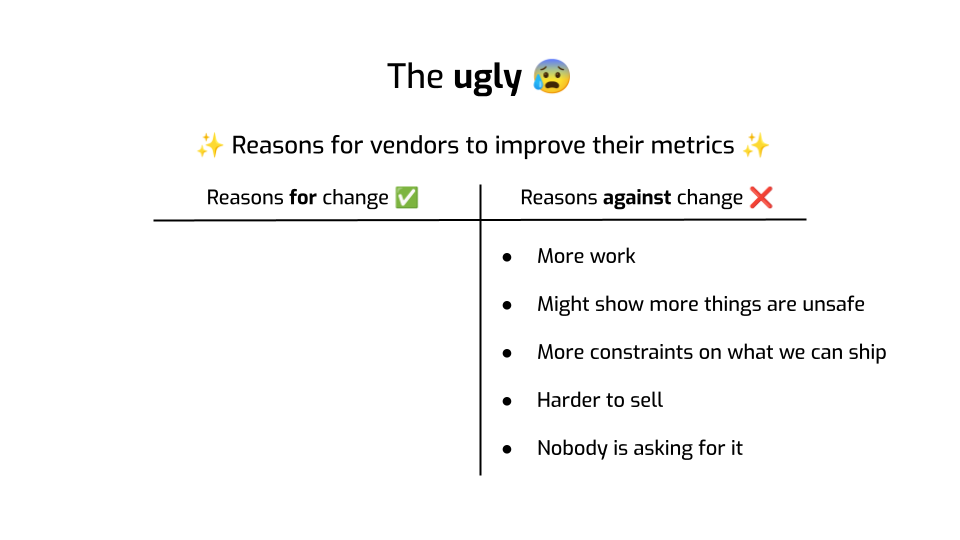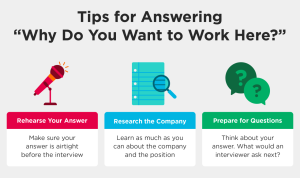The Pros and Cons of Location-Based Dating is a topic that resonates with many individuals navigating the complexities of modern romance. In an era where technology plays a pivotal role in our lives, location-based dating applications have emerged as a popular means of finding potential partners. These platforms leverage geographic data to connect users in close proximity, offering both opportunities and challenges that shape the dating landscape.
As we delve into this subject, it is essential to understand the mechanics of location-based dating, its implications on relationships, and the various factors that influence users’ experiences. From convenience and accessibility to concerns about privacy and superficiality, the dynamics of dating have evolved significantly in the digital age. This exploration aims to provide clarity on the multifaceted aspects of this contemporary dating approach.
The Role of Artificial Intelligence in Modern Healthcare: A Comprehensive OverviewArtificial Intelligence (AI) has emerged as a transformative force in a variety of sectors, but its impact on healthcare is particularly noteworthy. The integration of AI technologies into medical practices has the potential to enhance patient outcomes, streamline operational efficiencies, and facilitate innovative treatment modalities. This article delves into the multifaceted roles AI plays in contemporary healthcare, covering its applications, implications, and future directions.
Introduction to AI in Healthcare
The application of AI in healthcare is not a futuristic concept; rather, it is already shaping the present landscape. AI encompasses a range of technologies, including machine learning (ML), natural language processing (NLP), computer vision, and robotics. These technologies are designed to mimic human intelligence and enhance data processing capabilities, thereby offering new insights into patient care and operational management.
Enhancing Diagnosis and Treatment
One of the most significant applications of AI in healthcare is in diagnostics. Traditional diagnostic methods often rely on the subjective interpretation of data, which can lead to inconsistencies and errors. AI-driven diagnostic tools utilize algorithms trained on vast datasets to identify patterns and anomalies that may be overlooked by human practitioners.For example, deep learning algorithms have shown remarkable accuracy in interpreting medical images, such as X-rays and MRIs.
A study published in the journal
Nature* demonstrated that an AI system could outperform radiologists in detecting breast cancer in mammograms, underscoring the potential for AI to enhance diagnostic precision.
Furthermore, AI systems can assist in developing personalized treatment plans. By analyzing a patient’s genetic makeup, lifestyle factors, and clinical history, AI can recommend tailored therapies that are more likely to be effective for individual patients. This shift toward precision medicine is revolutionizing the way healthcare providers approach treatment, moving away from a one-size-fits-all methodology.
Streamlining Administrative Processes
In addition to clinical applications, AI plays a crucial role in streamlining administrative processes within healthcare organizations. The healthcare industry is notorious for its complex administrative burdens, which can detract from patient care. AI technologies can automate routine tasks such as scheduling appointments, managing patient records, and processing billing claims, thereby freeing up healthcare professionals to focus on direct patient interactions.Natural language processing (NLP) tools have been particularly effective in managing electronic health records (EHRs).
These tools can extract relevant information from unstructured data, making it easier for healthcare providers to access critical patient information quickly. As a result, healthcare organizations can enhance their operational efficiency and reduce the likelihood of errors that may arise from manual data entry.
AI in Drug Discovery and Development
The drug discovery process is notoriously lengthy and expensive, often taking over a decade to bring a new drug to market. AI is poised to revolutionize this process by significantly accelerating drug discovery timelines and reducing costs. Machine learning algorithms can analyze vast datasets of biological information, helping researchers identify potential drug candidates more efficiently.For instance, in 2020, researchers at Insilico Medicine utilized AI to discover a novel drug for fibrosis in just 46 days, a process that typically takes years.
By predicting how compounds will interact with biological targets, AI enables pharmaceutical companies to prioritize promising candidates for further investigation, thereby reducing the time and resources spent on unsuccessful drug trials.
Enhancing Patient Engagement and Monitoring
Patient engagement is critical for successful health outcomes, and AI technologies are instrumental in fostering this engagement. AI-powered chatbots and virtual health assistants can provide patients with immediate access to information, appointment scheduling, and medication reminders. This level of accessibility enhances patient satisfaction and encourages adherence to treatment plans.Moreover, remote patient monitoring systems equipped with AI capabilities can track vital signs and other health metrics in real-time.
For instance, wearable devices that monitor heart rate, blood pressure, and glucose levels provide patients and healthcare providers with essential data that can inform treatment adjustments. AI algorithms analyze this data to detect anomalies and alert healthcare professionals to potential issues before they escalate, promoting proactive rather than reactive care.

Ethical Considerations and Challenges
While the benefits of AI in healthcare are substantial, several ethical considerations and challenges must be addressed. One primary concern is data privacy and security. The vast amounts of data required to train AI systems often include sensitive patient information. Ensuring that this data is protected from breaches and misuse is paramount to maintaining patient trust and compliance with regulations such as the Health Insurance Portability and Accountability Act (HIPAA).Additionally, the potential for algorithmic bias poses a significant challenge.
AI systems are only as good as the data they are trained on; if the training data is biased, the algorithms may produce inaccurate or discriminatory results. It is essential for healthcare organizations to implement robust data governance practices and continually evaluate AI systems for fairness and accuracy.
The Future of AI in Healthcare
The future of AI in healthcare appears promising, with ongoing advancements likely to yield even more innovative applications. Continued research and development are essential to enhance AI capabilities and address existing challenges. Collaborative efforts among healthcare providers, technology companies, and regulatory bodies will be crucial in shaping the future landscape of AI in healthcare.Moreover, as AI becomes more integrated into clinical practice, there will be a growing need for healthcare professionals to develop skills in AI literacy.
Training and education programs will be necessary to equip healthcare practitioners with the knowledge and tools required to leverage AI effectively in their practices. – ConclusionIn conclusion, the role of artificial intelligence in modern healthcare is multifaceted and continually evolving. From enhancing diagnostic accuracy and streamlining administrative processes to revolutionizing drug discovery and improving patient engagement, AI holds immense potential to transform the healthcare landscape.
However, it is essential to navigate the ethical challenges and ensure that AI technologies are developed and implemented responsibly. As the healthcare sector embraces this technological revolution, the focus must remain on improving patient outcomes and promoting equitable access to care.As we look to the future, the synergy between healthcare professionals and AI technologies will undoubtedly lead to more efficient and effective healthcare systems, ultimately benefiting patients and providers alike.
The journey of integrating AI into healthcare is just beginning, and its trajectory will be shaped by ongoing innovations and the collective efforts of all stakeholders involved.






